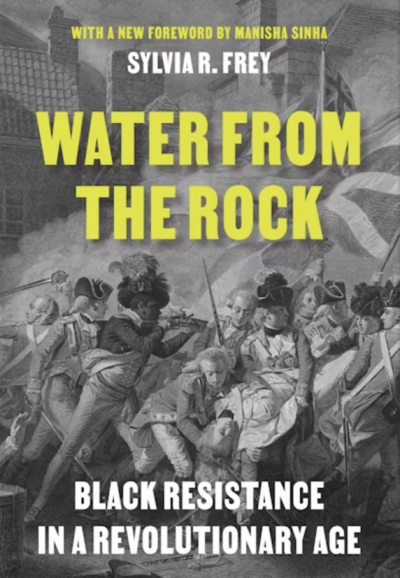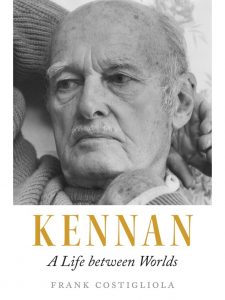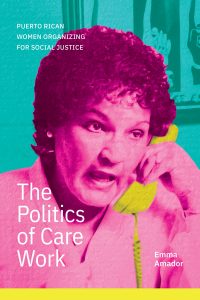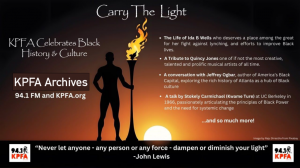Sylvia R. Frey, Author, with foreword by Manisha Sinha
Princeton University Press, 2025
Abstract:

The American Revolution brought about violent and unpredictable social changes throughout the new nation, particularly in the South. Sylvia Frey reveals how slave resistance gave rise to a Black liberation movement that was central to the revolutionary struggle in the southern colonies, and how Black resistance persisted after the war as a struggle for cultural power that manifested itself in the establishment of separate Black churches with distinctive ritual patterns and moral values. She examines how white Southerners responded to Black resistance amid their own fight for independence from the British, and how they reacted to new movements by African Americans in the postwar period. With an incisive foreword by Manisha Sinha, Water from the Rock shows how the upheavals of war created opportunities for a quiet revolution that laid the foundations for the modern civil rights movement in America.



